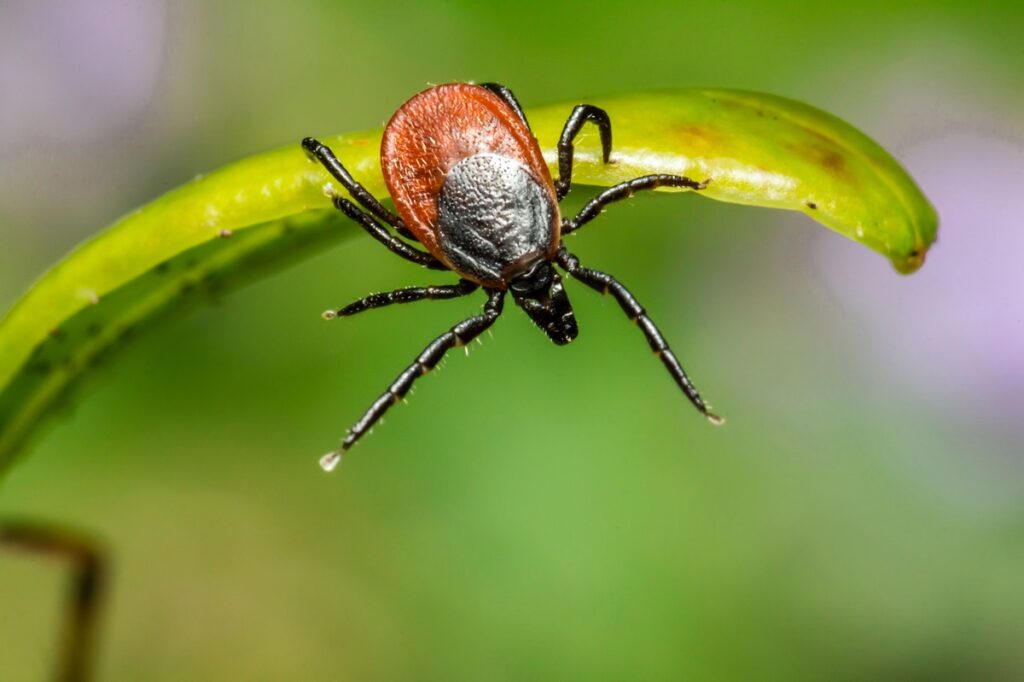Scientists hoping to fight tick-borne diseases last week announced “a new protocol that allows gene editing at the embryo stage in ticks, previously thought to be impossible,” according to a publication of University of Nevada, where the research was conducted.
Researchers said they were able to edit the genome of the black-legged tick with CRISPR-Cas9 technology using two methods: embryo injection and Receptor-Mediated Ovary Transduction of Cargo (ReMOT Control), according to their publication in iScience Journal.
Part of the challenge of accessing tick embryos is that ticks coat their eggs in wax, which must be removed, according to UNV professor Monika Gulia-Nuss, who led the research in collaboration with her husband, Andrew Nuss, and researchers from Pennsylvania State University and the University of Maryland.
“We were able to carefully dissect [pregnant] female ticks to surgically remove the organ responsible for coating the eggs with wax, but still allowing the females to lay viable eggs. These wax-free eggs permitted injection of tick embryos with materials necessary for genome modification,” Gulia-Nuss was quoted by UPI.
The research is expected to allow better control of ticks, which spread Lyme disease, tick-borne encephalitis, and other pathogens, to humans and animals. “If we understand the [tick] vectors better, we can find new ways to manage ticks and tick-borne diseases as well, either through acaricide, vaccines or drug development,” Gulia-Nuss told the University of Nevada publication.
Gene editing in mosquitoes
CRISPR technology is also being used to in the fight against diseases spread by mosquitos. Dr. Omar Akbari and Dr. Valentino Gantz of the University of California at San Diego, are hoping to use gene editing to develop disease-resistant mosquitos, and other diseases to prevent the spread of pathogens from the insects to humans, according to Innovature.
“The main application of our gene-editing research is to eradicate malaria, which causes the most deaths per year” of any mosquito-borne disease Gantz told Innovature. “But the issue at hand involves more than one disease, which is why we’re hoping our research will also be applicable in the fight against other mosquito-borne diseases in the future.”




